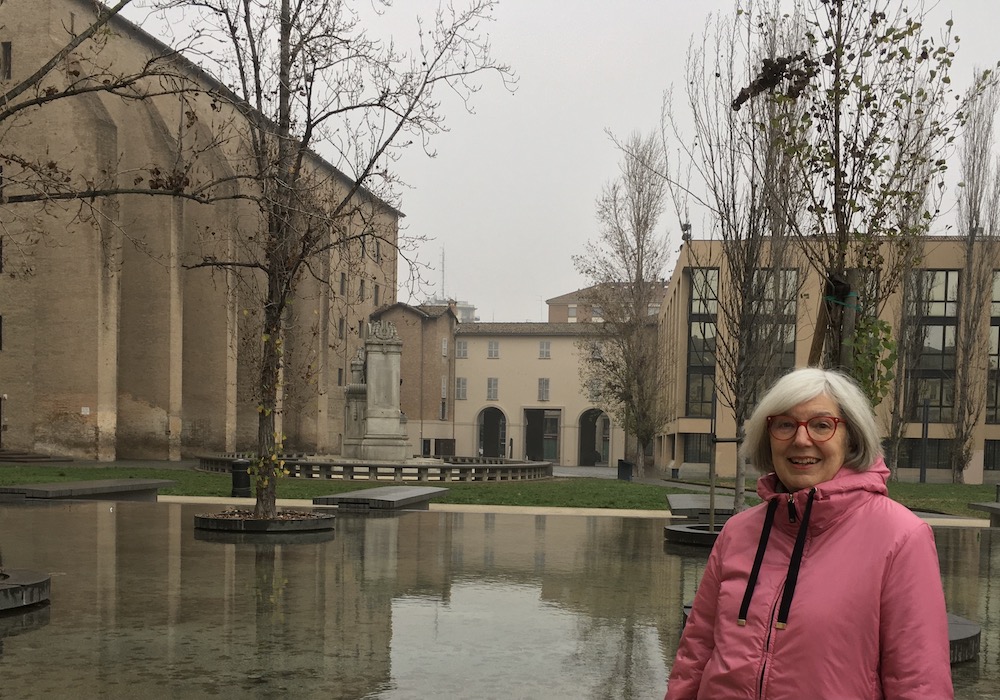Special Series: Literary Maps
Only in that song / jasmines bloom / more than once
—Places
City of Origin: Umm Al-Zeinat (District of Haifa), destroyed village during the Nakba
City of Birth: Umm Al-Zeinat
City/Cities you grew up in: Baghdad and Al-Basra, Iraq
Current Residence: Kuwait (but before lived in Jordan, Cyprus, Jordan, Greece and Bulgaria)
Your City/Cities: Haifa
Nationality: Russian
Languages: Arabic, English
Language you write in: Arabic
Home: A lost Paradise
At age four, I was forced out of my homeland, out of my mother’s songs. My village, Umm Al-Zienat, was situated on a semi-flat summit at the southern end of Mount Carmel, on the Palestinian Mediterranean coast in the district of Haifa.
Later, when people asked me where I was from, I would begin with this image: A child with a strange woman under a dark sky crossed by red embers. One day my mother heard my description and was stunned. I asked her if she knew that woman, and she told me it was her, on the night we were forced to leave.
The images I’m left with of that night—and the days that followed—are of the shiny high rocks we call Sayafeer, the sound of olive trees when their branches are moved by the wind—all depicted in my first novel, Children of the Dew. I wanted to revive the details of the place that I remembered or imagined.
My mother kept the images of our homeland vivid over the years and turned me into a storyteller—the gossip and quarrels among peasants, her garden, the arrival of the British who sieged her house, her brother who stayed to defend his village, her children, and the last night in her country.
Mohammad al-Assad is a Palestinian poet, novelist, literary critic and researcher. He is the author of seventeen collections of poetry, including Singing in Deep Vaults (Baghdad, 1974), and the author of six novels: the best-selling Children of the Dew (1990), translated into French, Portuguese, Greek and Hebrew, and republished in Jerusalem by Dar al-Fil in 2013, The Refugee Text (1999), The Lover's Gardens (2001), The Tree of Pleasures (2004), Sounds of Silence (2009) and Umm al-Zeinat Under the Carob Trees (2009). He has written two collections of essays: An Essay on the Poetic Language (1980), published in Beirut, and Orientalism and Archaeology (2010). He has also translated Arthur Miller's After the Fall, Kenneth Yasuda's The Japanese Haiku, and Italo Calvino's Six Memos for the Next Millennium into Arabic. In the book Beyond the Walls (Paris: Actes de Sud, 2005) edited by Françoise Germain-Robin, al-Assad is in conversation with Egyptian-Israeli historian Joseph Algazyin, reflecting on his life as a refugee.
More on “The City and The Writer” Literary Maps
This map is part of “The City and the Writer” special series “A Literary Map of Palestinian Writers”











